Leetcode 148 : Sort List
Problem Statement https://leetcode.com/problems/sort-list/description/ Given the head of a linked list, return the list after sorting it in ascending order. Sample Test Cases Example 1: Input: head = [4,2,1,3] Output: [1,2,3,4] Example 2: Input: head = [-1,5,3,4,0] Output: [-1,0,3,4,5] Example 3: Input: head = [] Output: [] Constraints The number of nodes in the list is in the range [0, 5 * 104]. -10^5
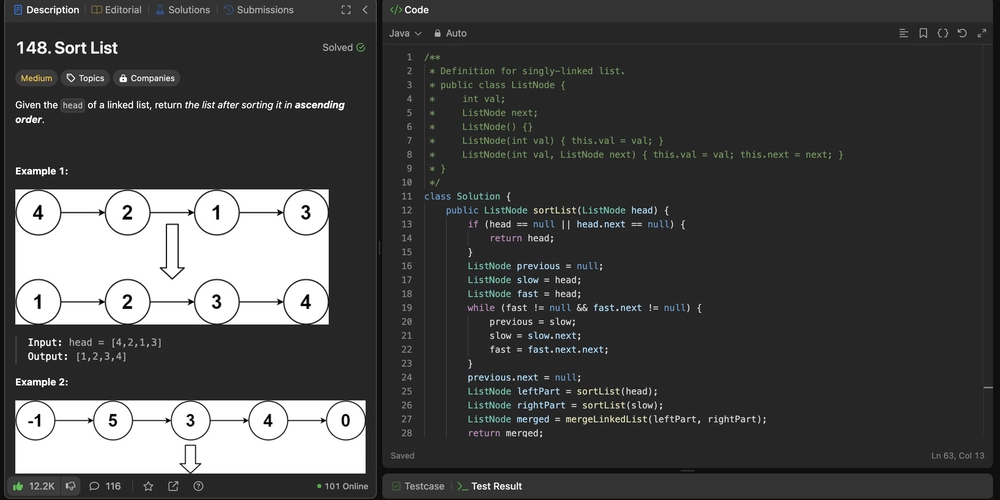
Problem Statement
https://leetcode.com/problems/sort-list/description/
Given the head of a linked list, return the list after sorting it in ascending order.
Sample Test Cases
Example 1:
Input: head = [4,2,1,3]
Output: [1,2,3,4]
Example 2:
Input: head = [-1,5,3,4,0]
Output: [-1,0,3,4,5]
Example 3:
Input: head = []
Output: []
Constraints
The number of nodes in the list is in the range [0, 5 * 104].
-10^5 <= Node.val <= 10^5
Intuition
This is basically to sort the linked list using some sorting method. We can store this in a list, sort it using a library function, and reconstruct the linked list. This is correct, but we are not fully utilising the fact that the question is for a linked list.
We can just apply the merge sort, similar to the concept of merge sort in arrays, ie, divide and conquer.
Approach
- Traverse the array and, using the slow, fast pointer method, find the middle of the linked list to differentiate between the left part and the right part.
- Do this recursively and then merge the linked list.
- Merging the linked list involves comparing the node values between the left part and the right.
- Reuse the linked list instead of creating a new linked list to store the result.
Complexity
-
Time complexity:
O(NlogN)
-
Space complexity:
O(1), if we are not considering the recursion stack space.
Code
/**
* Definition for singly-linked list.
* public class ListNode {
* int val;
* ListNode next;
* ListNode() {}
* ListNode(int val) { this.val = val; }
* ListNode(int val, ListNode next) { this.val = val; this.next = next; }
* }
*/
class Solution {
public ListNode sortList(ListNode head) {
if (head == null || head.next == null) {
return head;
}
ListNode previous = null;
ListNode slow = head;
ListNode fast = head;
while (fast != null && fast.next != null) {
previous = slow;
slow = slow.next;
fast = fast.next.next;
}
previous.next = null;
ListNode leftPart = sortList(head);
ListNode rightPart = sortList(slow);
ListNode merged = mergeLinkedList(leftPart, rightPart);
return merged;
}
private ListNode mergeLinkedList(ListNode left, ListNode right) {
if (left == null && right == null) {
return null;
}
if (left == null) {
return right;
}
if (right == null) {
return left;
}
ListNode leftPointer = left;
ListNode rightPointer = right;
ListNode result = new ListNode(0);
ListNode current = result;
while (leftPointer != null && rightPointer != null) {
if (leftPointer.val <= rightPointer.val) {
current.next = leftPointer;
leftPointer = leftPointer.next;
current = current.next;
}
else {
current.next = rightPointer;
rightPointer = rightPointer.next;
current = current.next;
}
}
if (leftPointer != null) {
current.next = leftPointer;
current = current.next;
}
else if (rightPointer != null) {
current.next = rightPointer;
current = current.next;
}
return result.next;
}
}






















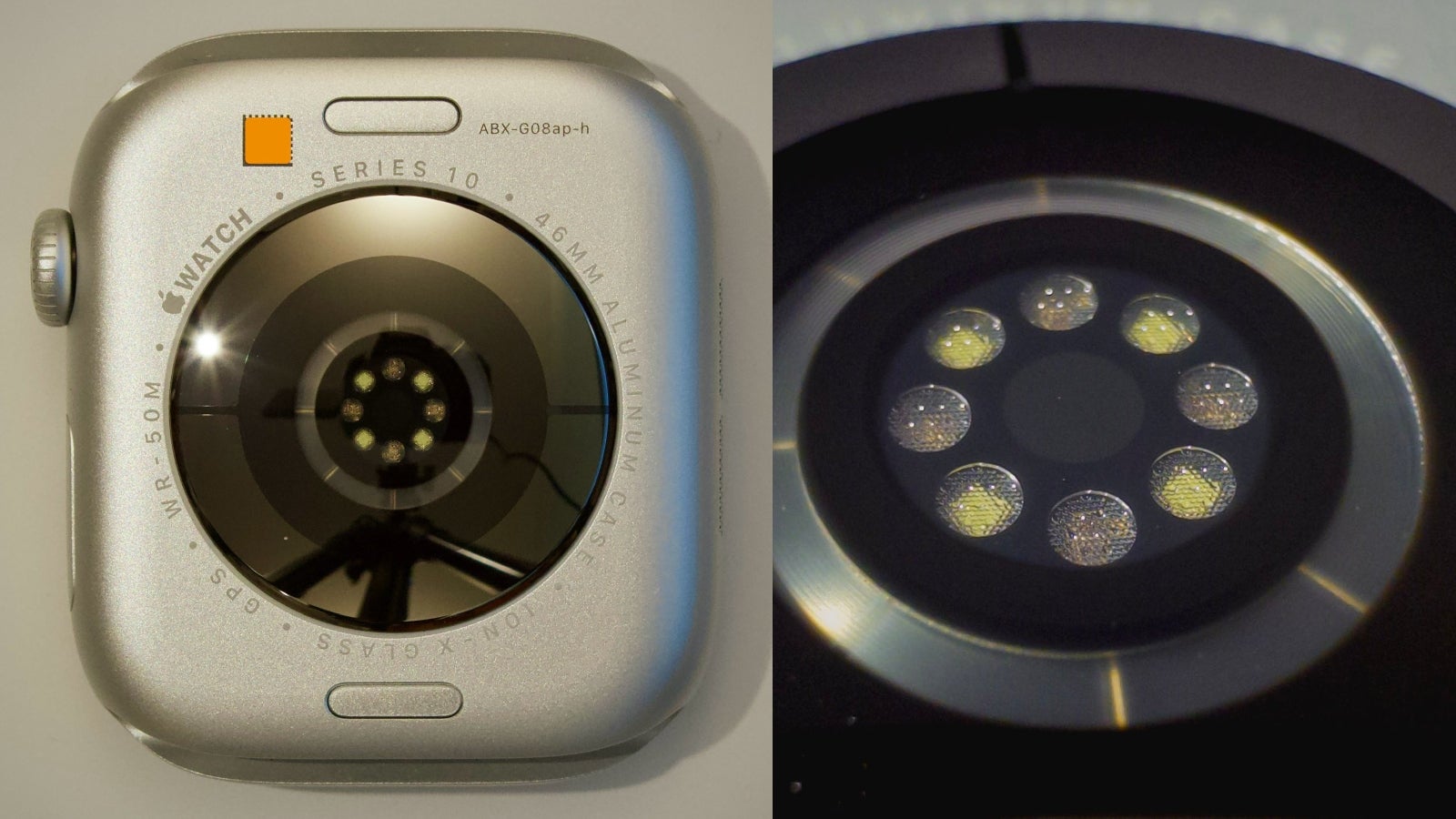





























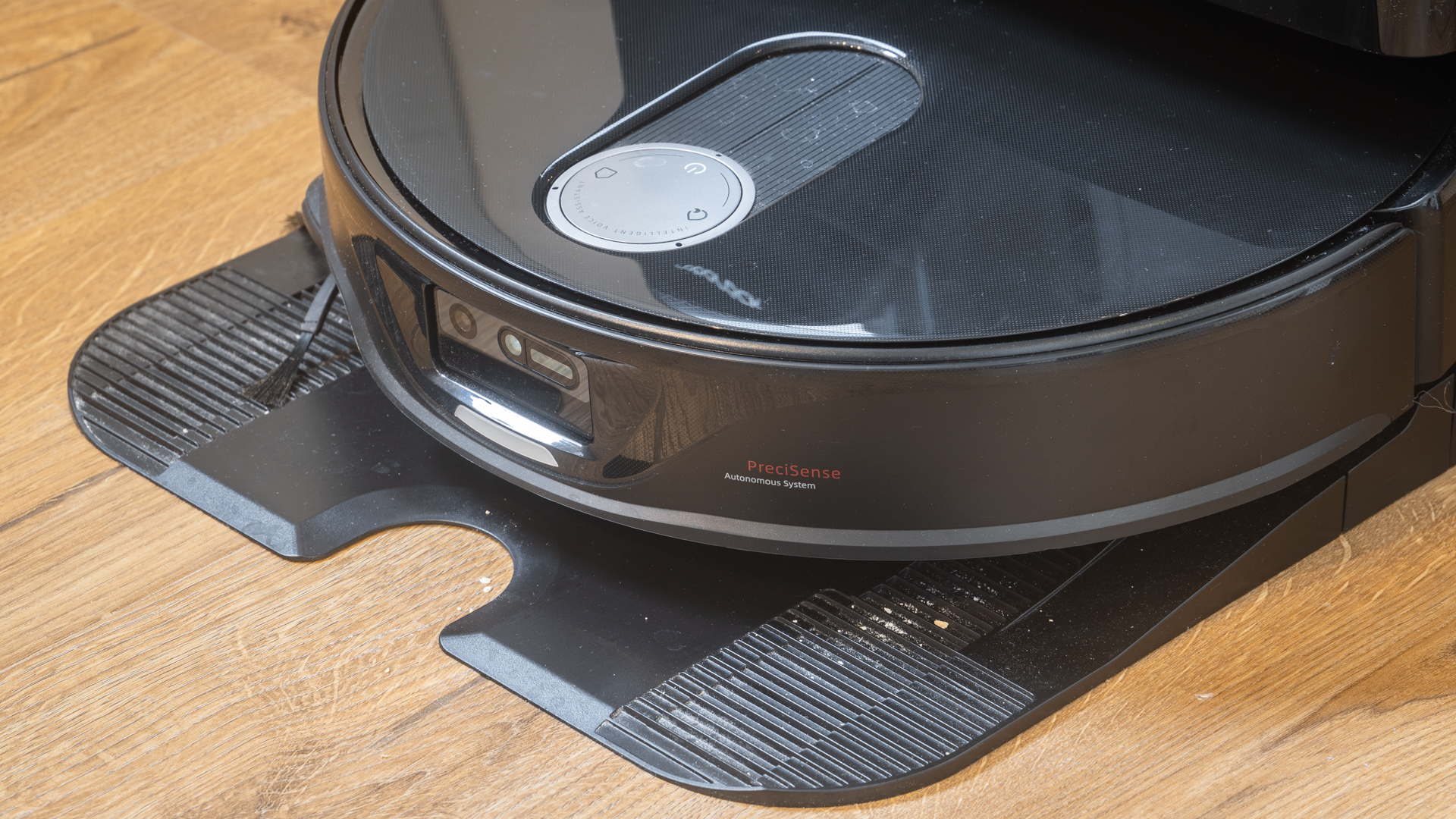






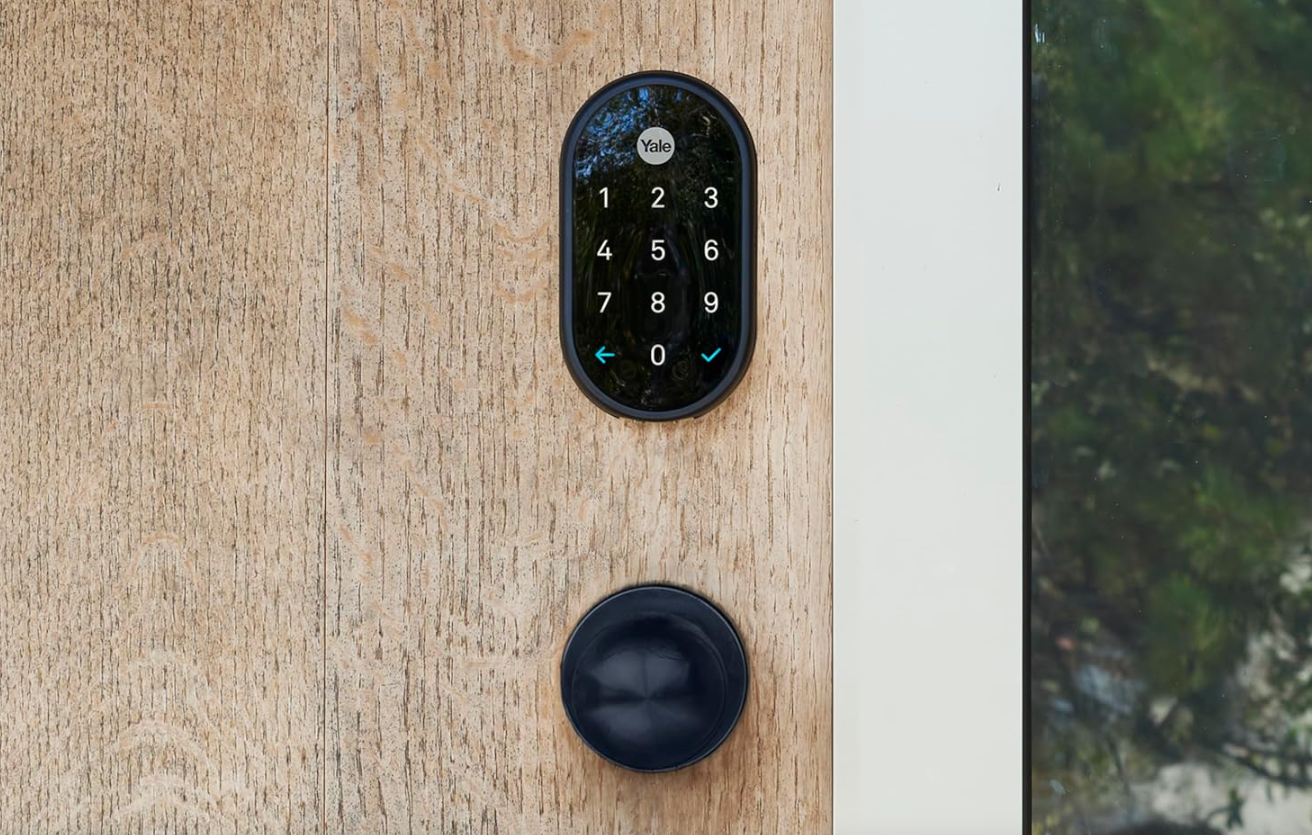









![Get Up to 69% Off Anker and Eufy Products on Final Day of Amazon's Big Spring Sale [Deal]](https://www.iclarified.com/images/news/96888/96888/96888-640.jpg)
![Apple Officially Releases macOS Sequoia 15.4 [Download]](https://www.iclarified.com/images/news/96887/96887/96887-640.jpg)












![What’s new in Android’s March 2025 Google System Updates [U: 3/31]](https://i0.wp.com/9to5google.com/wp-content/uploads/sites/4/2025/01/google-play-services-1.jpg?resize=1200%2C628&quality=82&strip=all&ssl=1)


![Oppo ditches Alert Slider in teaser for smaller Find X8s, five-camera Find X8 Ultra [Gallery]](https://i0.wp.com/9to5google.com/wp-content/uploads/sites/4/2025/03/oppo-find-x8s-ultra-teaser-1.jpg?resize=1200%2C628&quality=82&strip=all&ssl=1)











-xl-xl.jpg)






























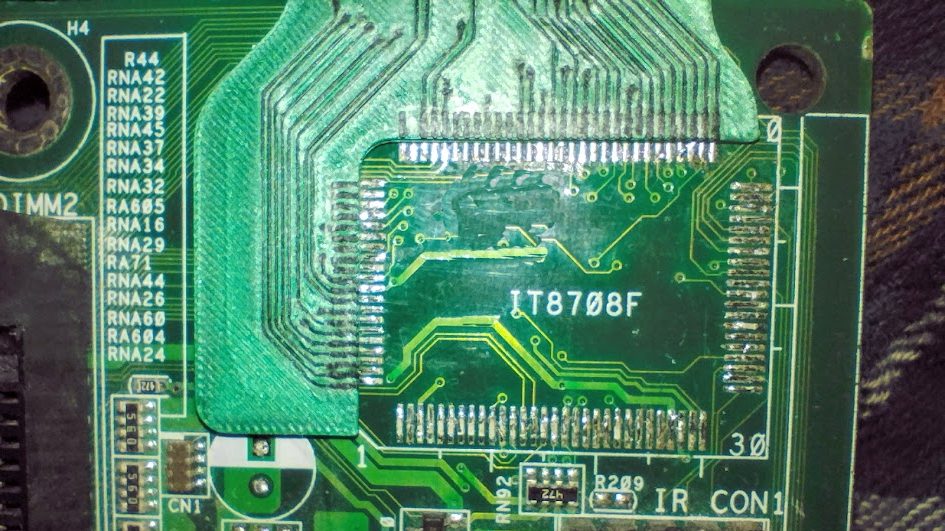




















































































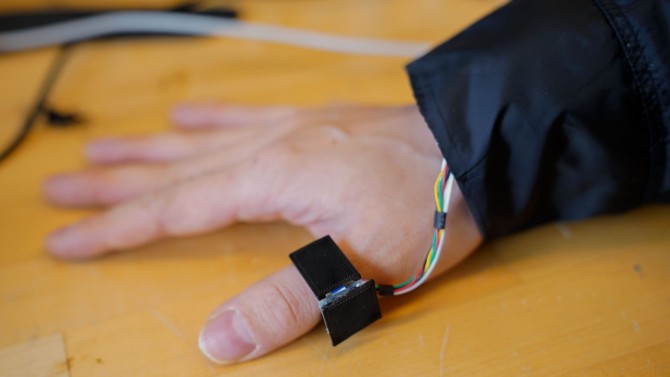




































![[The AI Show Episode 141]: Road to AGI (and Beyond) #1 — The AI Timeline is Accelerating](https://www.marketingaiinstitute.com/hubfs/ep%20141.1.png)
![[The AI Show Episode 140]: New AGI Warnings, OpenAI Suggests Government Policy, Sam Altman Teases Creative Writing Model, Claude Web Search & Apple’s AI Woes](https://www.marketingaiinstitute.com/hubfs/ep%20140%20cover.png)
![[The AI Show Episode 139]: The Government Knows AGI Is Coming, Superintelligence Strategy, OpenAI’s $20,000 Per Month Agents & Top 100 Gen AI Apps](https://www.marketingaiinstitute.com/hubfs/ep%20139%20cover-2.png)






















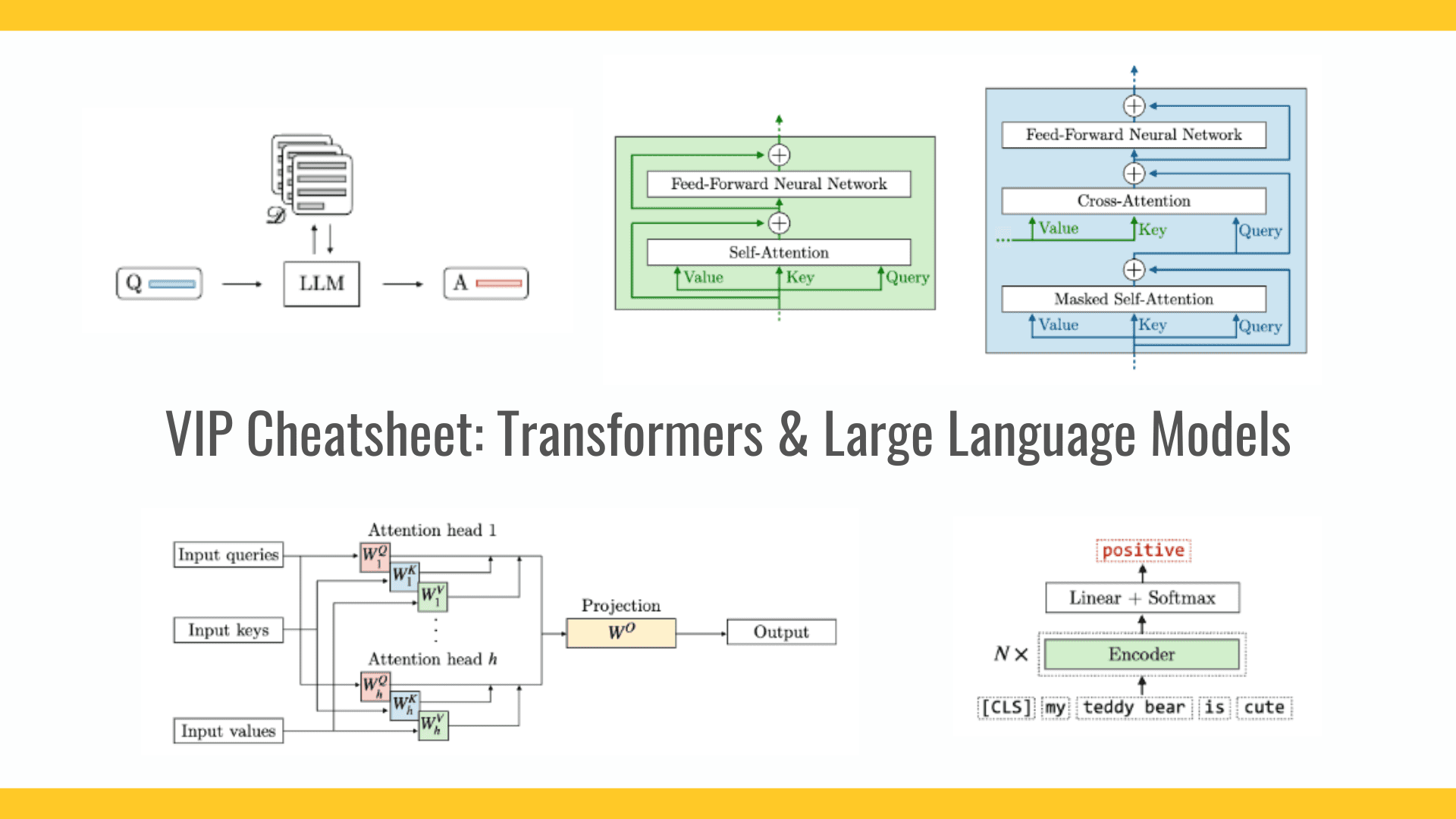



































































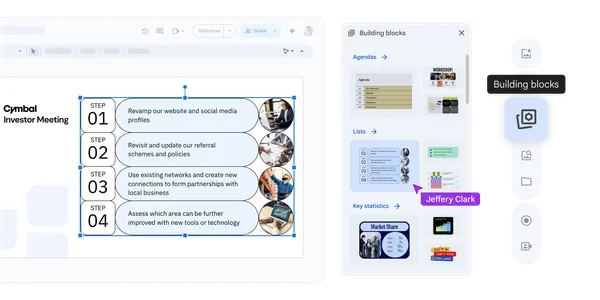


































![From broke musician to working dev. How college drop-out Ryan Furrer taught himself to code [Podcast #166]](https://cdn.hashnode.com/res/hashnode/image/upload/v1743189826063/2080cde4-6fc0-46fb-b98d-b3d59841e8c4.png?#)




























-1280x720.jpg?width=1920&height=1920&fit=bounds&quality=80&format=jpg&auto=webp#)





























































